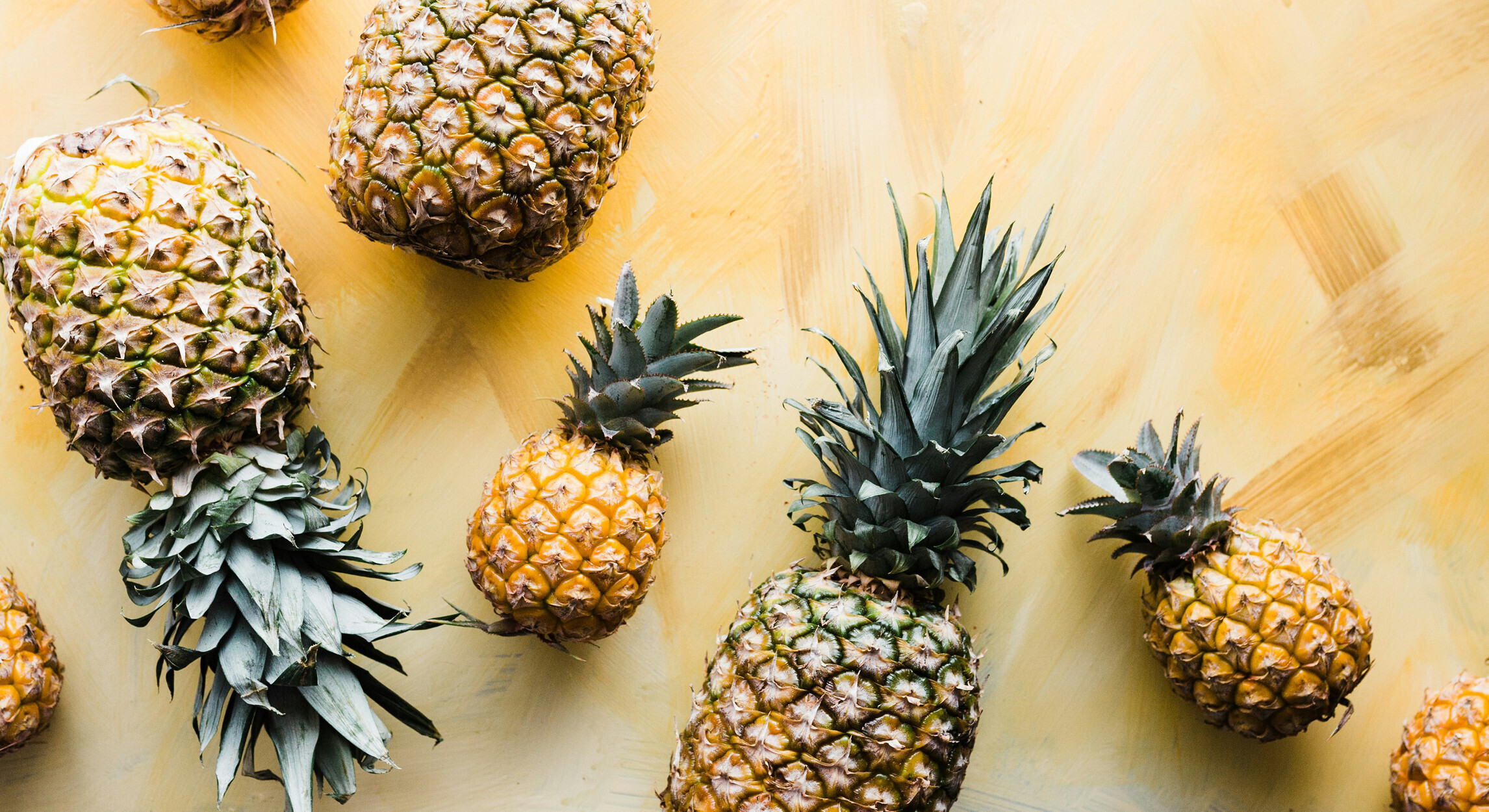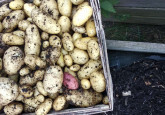Fruit and vegetables are essential for a balanced and varied diet. They provide vitamins, minerals, fibre and antioxidants that protect the body and prevent certain diseases. But not all fruit and vegetables are created equal: it's best to eat them when they are in season, i.e. when they are naturally produced by the earth, without resorting to artificial techniques such as heated greenhouses or long-distance imports. What are the advantages of eating fruit and vegetables in season? Which products are best grown in mainland France and Réunion? Here are some answers.
Eating in season means respecting nature's rhythm:
Seasonal fruit and vegetables are those that grow and ripen in the sun, in optimal climatic conditions. They are therefore tastier, juicier and more fragrant than those grown out of season, in glasshouses or in faraway lands. They also have better nutritional value, as they contain more nutrients, particularly vitamin C, which is sensitive to light and heat. Eating local fruit and vegetables also reduces the risk of contamination by pesticides, chemical fertilisers or genetically modified organisms. Local fruit and vegetables are often grown using methods that respect the environment and our health, such as organic, small-scale or sustainable farming. These growing methods limit the use of chemicals, which can be harmful to health and biodiversity. Local fruit and vegetables are also treated less after harvesting, and do not undergo conservation treatments, artificial ripening or changes to their appearance, which can alter their quality and nutritional value.
Eating in season means encouraging short distribution channels and local agriculture:
In-season fruit and vegetables require less transport and packaging than out-of-season or imported produce. So they generate fewer greenhouse gas emissions and less waste, which is good for the environment and the climate. By choosing seasonal fruit and vegetables, you're also promoting short distribution channels and local agriculture, which helps to support producers, preserve jobs and know-how, and boost the economy. Seasonal fruit and vegetables can be found in organic shops, markets, cooperatives, AMAPs (Associations pour le maintien d'une agriculture paysanne) or directly from producers. You can also refer to calendars or guides that indicate the products available each month.
Eating in season means discovering the diversity of fruit and vegetables:
Seasonal fruit and vegetables offer a wide variety of colours, shapes, textures and flavours. They allow you to diversify your diet and stimulate your culinary creativity. You can create simple or elaborate recipes, sweet or savoury, hot or cold, that showcase seasonal produce. You can also take advantage of seasonal fruit and vegetables to discover regional or exotic specialities, such as fruit and vegetables from Réunion, which are rich in taste and originality.
Fruit and vegetables in season in mainland France:
France and Réunion have very different climates, which influence the production and availability of fruit and vegetables. There are four distinct seasons in mainland France, with major variations in temperature and light levels. In mainland France, fruit and vegetables vary according to the season, and are adapted to the needs of the human body. In winter, for example, we find mineral-rich vegetables such as leeks, cabbage and spinach, and citrus fruits such as mandarins, grapefruit and clementines, which are sources of vitamin C. In summer, you'll find water-filled fruit and vegetables that quench your thirst and refresh you, such as melons, tomatoes, courgettes and watermelons.
- In spring (March, April, May): asparagus, artichokes, radishes, carrots, spinach, lettuce, strawberries, cherries, rhubarb, kiwi fruit, lemons, etc.
- Summer (June, July, August): aubergine, courgette, tomato, cucumber, pepper, green bean, melon, watermelon, apricot, peach, plum, raspberry, redcurrant, blackcurrant, blueberry...
- Autumn (September, October, November): pumpkin, pumpkin, butternut, cauliflower, broccoli, Brussels sprouts, beetroot, turnip, leek, apple, pear, grape, fig, walnut, chestnut, quince, etc.
- In winter (December, January, February): endive, lamb's lettuce, cabbage, celery, parsnip, Jerusalem artichoke, salsify, onion, shallot, garlic, grapefruit, kiwi, pomelo...
Fruit and vegetables in season in Réunion:
On Réunion, the fruit and vegetables in season are influenced by the island's tropical climate, which has two seasons: the austral summer, from November to April, and the austral winter, from May to October. On Réunion, fruit and vegetables are more varied and exotic, and can be found almost all year round, thanks to the favourable climate. There are typical island fruits and vegetables, such as letchi, longani, breadfruit, ti jacques, zat, jamrose and pitaya, as well as more common fruits and vegetables, such as bananas, pineapples, papaya, coconut, mango and avocado. However, certain fruits and vegetables are more abundant at certain times of the year, such as letchi, mango and tamarind, which are more abundant in December and January, and guava, which is more abundant from April to June.
- During the austral summer (November, December, January, February, March, April): pineapple, banana, barbadine, grenadelle, grenadille, bilimbi, coconut, breadfruit, jackfruit, jamblon, letchi, mandarin, mango, melon, palm, papaya, watermelon, peach, pitahaya, table grape, tamarind.
- During the austral winter (May, June, July, August, September, October): avocado, brede, carambola, chouchou, pumpkin, jackfruit, guava, persimmon, tangor, tomato.










